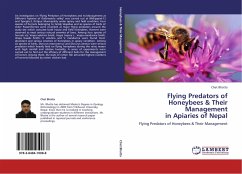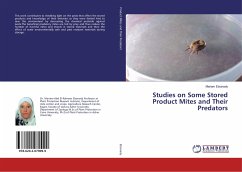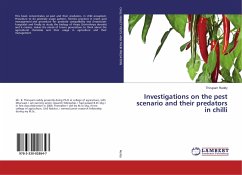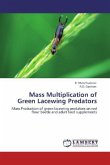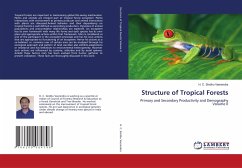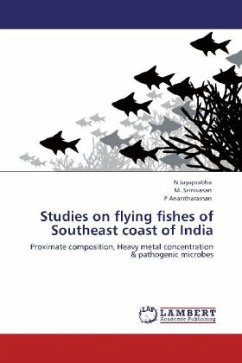An investigation on "Flying Predators of Honeybees and its Management at Different Apiaries of Kathmandu valley" was carried out at Bhtkyapati-12 and Tyangla-3, Kirtipur Municipality under apiary and field condition. Four species of hornets belonging to family Vespidae and six species of birds of order Passeriformes were recorded as major flying predators around the study site which consume both house and field honeybees. Hornets were observed as most serious natural enemies of bees. Among four species of hornets viz: Vespa velutina Smith, Vespa tropica L., Vespa mandarina Smith, Vespa basalis Smith; V. velutina and V. mandarina were found most abundant and serious enemies of honeybees in apiary condition. Among six species of birds, Dicrurus macrocercus and Dicrurus aeneus were serious predators which heavily feed on flying honeybees during the rainy reason with high rainfall and relative humidity. A series of experiments were carried out to find out the efficacy of different baits for the management of hornet. Among them, the baits of rotten fish attracted highest numbers of hornets followed by rotten chicken bait.

